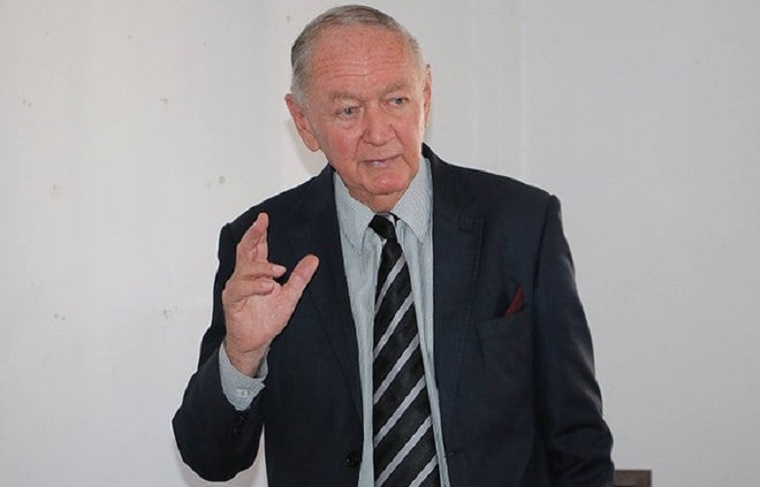Then there is the importance of communications. I remember once being in a unit who were expecting to be ambushed in the Eastern Highlands. When we were informed of the intelligence and set off, I was amazed at the clarity of the communications we suddenly had. Every word was clear and audible. I subsequently learned that we were placed on a special system that was used for specialist forces engaged in real fire fights. We were just a Police Reserve Unit on call up and did not usually get such treatment. It was comforting and had we run into trouble (we did not) it would have been very helpful to know that someone knew where we were and what was happening and if we needed help.
Then there is the importance of ground cover and support. Ground cover simply means you have to have boots in the field. The Americans have learned that in many tough places and in our war, it was no less true. Where you did not have people on the ground you lost territory. If you were in a small unit on the ground and ran into trouble against overwhelming odds, then it was essential to know that you could radio for help and that this would materialise in a short period of time. I was once involved in a land mine incident followed by an ambush and we were able to contact a unit nearby who responded and we were able to hand over to them; they were real soldiers and quickly took the initiative.
So what do these lessons from war teach us who are engaged in the struggle for development and growth with stability and peace in Africa. For me there are several, others I am sure would draw many other lessons from their experience. The first is that we must work together, a unit that is not unified in its vision and target, will never get anywhere. This is a struggle that calls for us to work as one nation – our fight is for development and growth in competition with the rest of the world. If our children are going to able to survive and even thrive in this new world they need a decent education – are we preparing them for that role?
Secondly we need leadership, leaders who will sacrifice their interests, even their lives for their fellow employees or people. We need servant leadership that earns the right to lead by example. Thirdly we need discipline. Just look at how the Chinese have handled this new virus – yesterday 8 new cases in the whole of China. No army can win without discipline, not one imposed from above but one given freely and in the interests of the Unit. Our problems as a country stems from leaders who are looking after their own interests first and who totally disregard any need for self-discipline and control.
We need to recognise that we must have good communications – top down and bottom up. We need to know where we are going and how we are going to get there and our leaders need to listen carefully to their people on the ground. Beyond listening to each other we need fast action. Then finally, we need to recognise that in the struggle for development and growth there will be casualties – we are opening up the economy, liberalising our financial markets and this will open up new opportunities but also bring new challenges. When they do, those troops on the front line need to know they have our support and that help is forthcoming.
This is a war we all have an interest in winning. Let’s put aside our differences and fight together for our collective futures.
Eddie Cross
Harare, 14th March 2020
(195 VIEWS)

